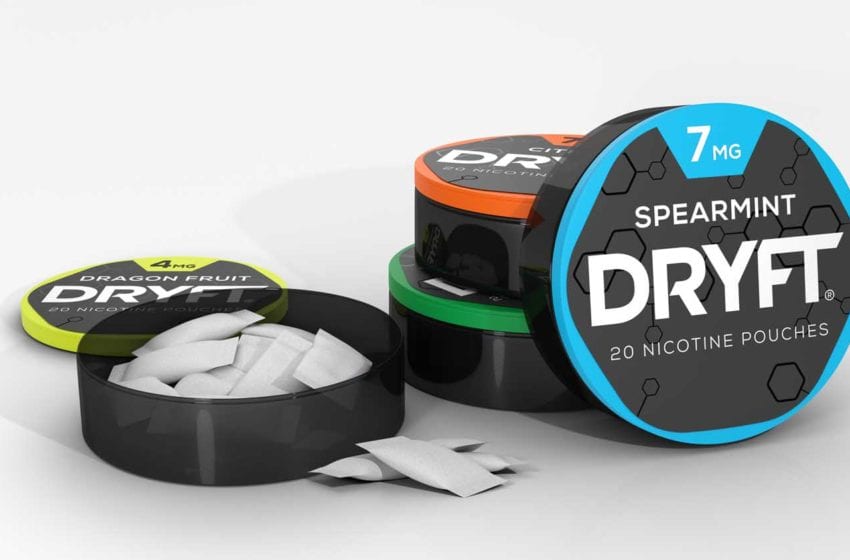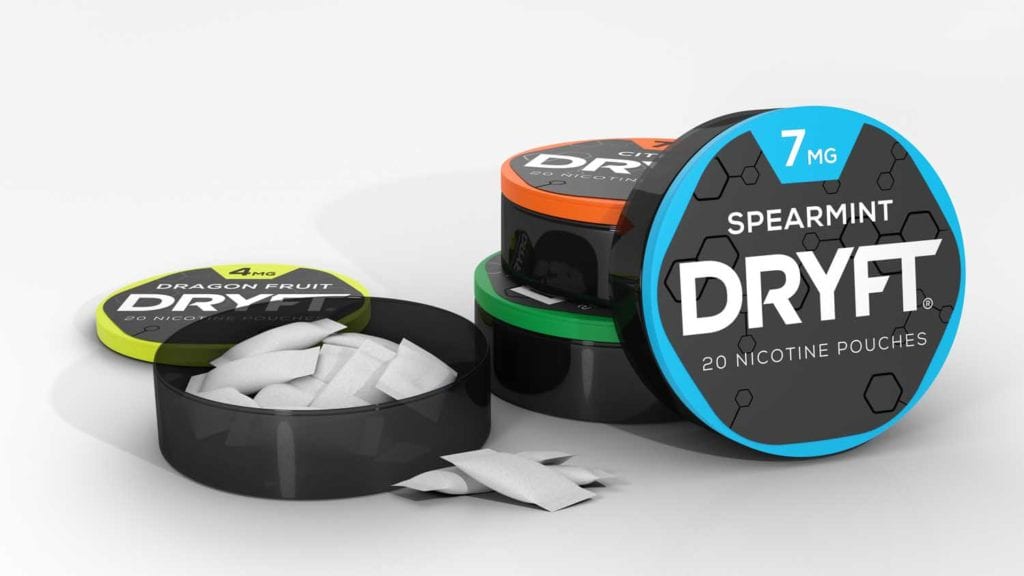
The U.S. Food and Drug Administration must reevaluate the premarket tobacco product applications (PTMAs) of six e-cigarette manufacturers after an appeals court ruled that the agency failed to adequately consider the companies’ marketing plans, reports Bloomberg Law.
On Aug. 23, the U.S. Court of Appeals for the 11th Circuit granted petitions for review filed by Bidi Vapor, Diamond Vapor and four other companies challenging the FDA’s rejection of their e-cigarette applications. According to Chief Judge William Pryor, the agency didn’t assess “the companies’ marketing and sales-access-restriction plans designed to minimize youth exposure and access.”
The court explicitly labeled the FDA’s decision-making as “arbitrary and capricious.” Prior legal decisions have determined that FDA action must consider all relevant factors in order to be legally justifiable. In the case of these vape manufacturers, the court ruled that the FDA had not performed such consideration.
Vapor industry advocates welcomed the decision. Gregory Conley, director of legislative and external affairs at the American Vapor Manufacturers Association said that while court ruling does not order the FDA to grant PMTAs—and that the agency is likely to deny the applications in the future—the companies involved could end up in the queue for review in 2025, which keeps them in business.
“Additionally, this leaves the door open for further litigation on these and other PMTAs,” Conley wrote on Twitter. “The FDA’s vague and undefined ‘appropriate for the protection of public health’ standard has long been open for attack. This is just the start.”
The 11th Circuit decision follows revelations that forced the FDA to admit to not considering all evidence when issuing marketing denial orders (MDOs) to vape products made by Juul and Turning Point Brands. In the interests of public health, future FDA decision-making must engage with all available evidence, not just evidence that leads to their preferred outcomes.















